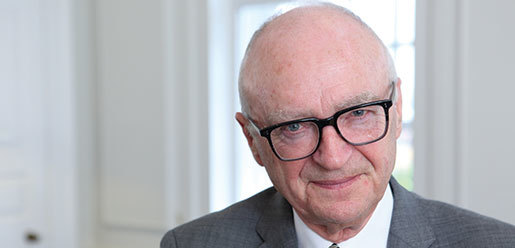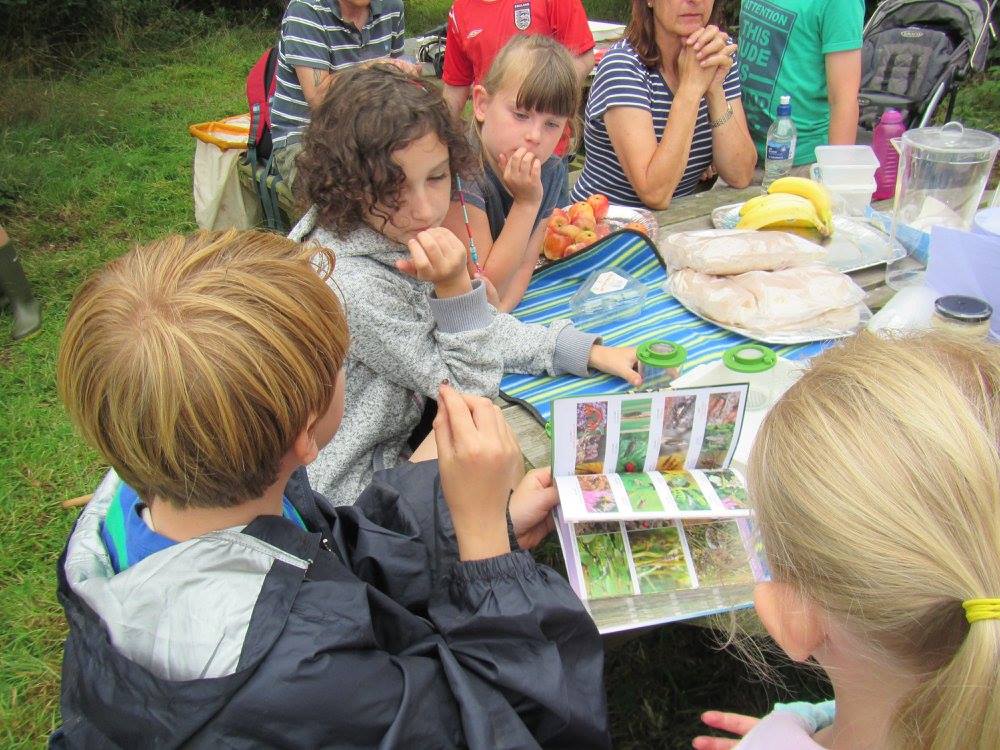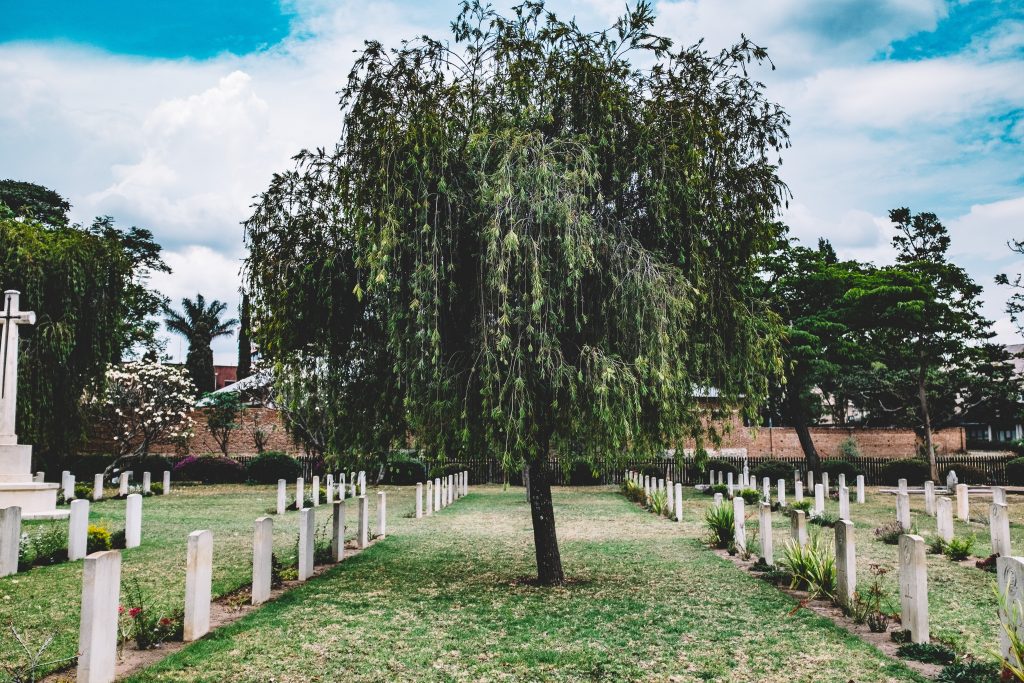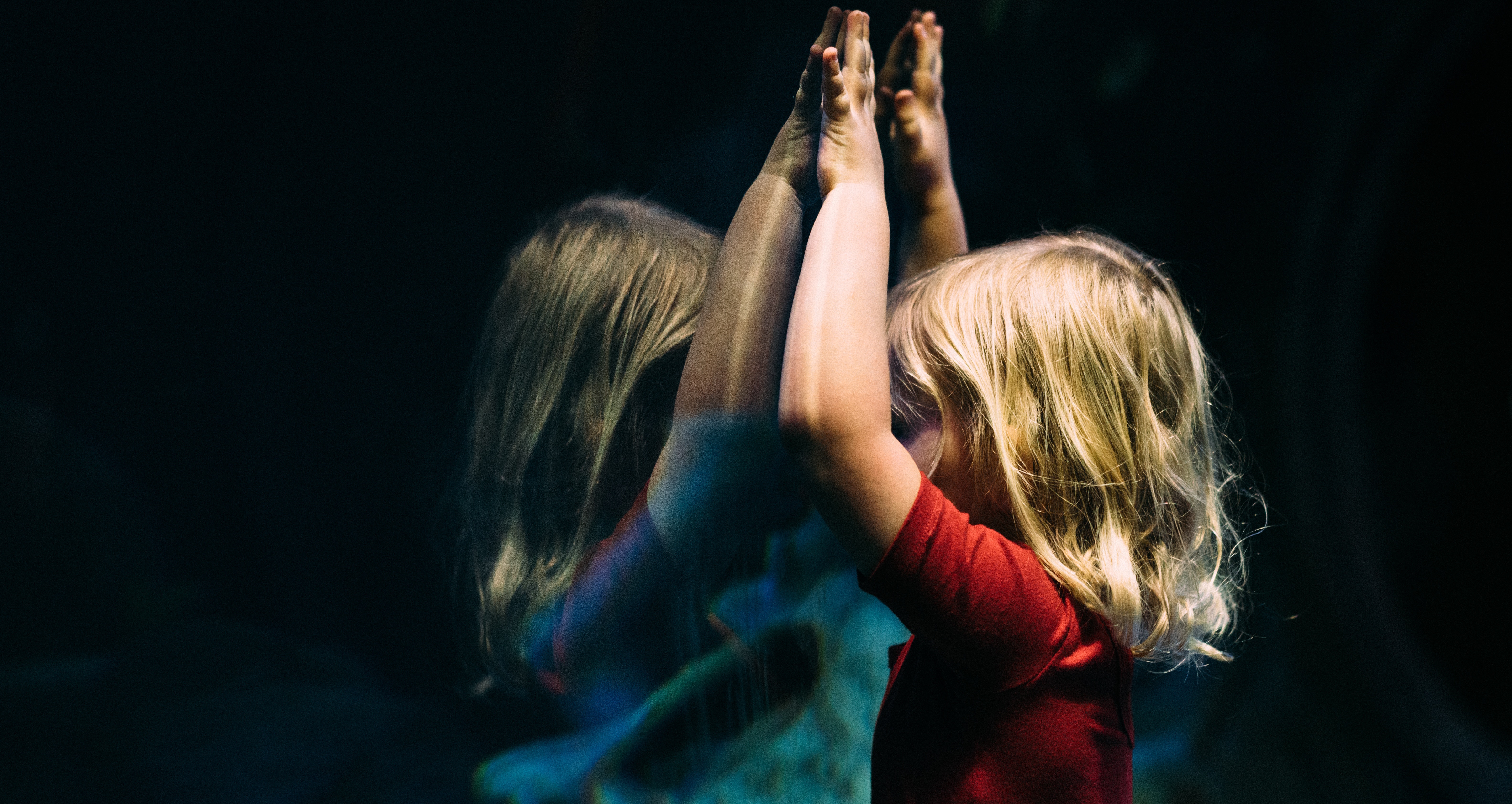Every 22 minutes a child in the UK is bereaved of a parent. On average, this means one child in every classroom in the country.
However, despite these shocking statistics, charities are warning that young people dealing with grief are “effectively invisible” to the government.
With the NHS facing increasing cuts to its services, it is often up to overstretched charities to meet the needs for appropriate mental health care. It is hardly a trivial issue: healthcare is a human right.
Problems in Later Life
 Image Credit: Sergey Zolkin / Unsplash
Image Credit: Sergey Zolkin / Unsplash
A report released this month by charity Young Minds highlighted that distressing events in childhood are closely linked to mental and physical problems later on in life, alongside poorer social and economic outcomes.
Penned by a host of mental health experts, the paper also found that bereaved children were 1.5 times more likely to be diagnosed with mental health issues later in life, and have three times more chance of developing depression.
At a time when one in ten children and young people in the UK are estimated to be living with a diagnosable mental health condition, it is clear that bereavement is a matter of public health.
Financial Hardship
 Image Credit: Public Domain Pictures
Image Credit: Public Domain Pictures
The Young Minds report comes just a year after new rules surrounding bereavement support payments were approved.
Scrapping the Widowed Parent’s Allowance, the rules instead replaced it with a Bereavement Support Payment. There are big differences between the two though, with Child Bereavement UK warning that the changes will leave 75% of bereaved families worse off.
A Freedom of Information Request by Life Matters also revealed bereaved children were “effectively invisible to the government”, as no records exist on how many children are affected.
‘The Secret Mourners in Society’
 Image Credit: British Medical Association
Image Credit: British Medical Association
The findings are also echoed by Sir Aynsley-Green, a paediatrician and the first person to serve as Children’s Commissioner for England, who called children “the secret mourners in society”.
Sir Aynsley-Green lost his father at the age of 10, and the experience influenced his decision to become a paediatrician and an advocate for bereaved children.
He warns that the “sorrow, anguish, solitude” that results from the loss of a loved one is a particularly toxic combination for children and little attention is dedicated to them, even by well-meaning adults.
A Devastating Chain of Events

Image Credit: Balloons Devon
These words also ring true for Sara Bennett, CEO of Devon-based charity Balloons, which offers therapy to bereaved youth between the ages of 3 and 25 and their families.
“In an economic environment of austerity the threshold for access just rises and rises,” she explains to RightsInfo. “So, in other words, children can only be referred into services if they are sharing behaviour that is so worrying it warrants a very quick intervention”.
Children can only be referred if they are sharing behavior which is so worrying
Sara Bennett
The effects, she notes, can be devastating, as children who are bereaved are “more likely to enter the criminal justice system and are more likely to fall out of education”.
It’s an issue that spreads wider too – it’s about our human rights. The Right to Education is set out in the Human Rights Convention and is part of UK law, while Article 25 of the UN Declaration of Human Rights sets out adequate living standards.
“Everyone has a right to a standard of living adequate for the health and well-being of himself and his family, including food, clothing, housing and medical care and necessary social services,” reads the text.
If a child is left to fend off the trauma of losing a loved one alone, they are being deprived of the necessary care to thrive, which can even impact on their education.
A Greater Role for Schools and Colleges
 Image Credit: Daiga Ellaby / Unsplash
Image Credit: Daiga Ellaby / Unsplash
The Young Minds report stresses that in schools and colleges we must understand the behaviours and emotions of severely distressed young persons, or they could be disadvantaged in the future.
For example, data shows that children with a special educational need or disability and who are not eligible for support have the highest rates of school exclusion – 58.8 percent. In contrast, those who have support and no known additional needs have an exclusion rate of just 6.7 percent.
We are somewhat dysfunctional about death as a society
Sara Bennett
In a society that Sara Bennett describes as “somewhat dysfunctional about death”, schools play a fundamental role in equipping future generations with a level of emotional literacy around death and grief – and it can make a massive impact.
For example, one primary school in London re-established itself as a ‘talking school’, and managed to reduce exclusions and referrals to mental health services to zero last year, despite operating on a budget of just £8,500 a year.
Katy Whitney, the lead psychotherapist at Highgate Primary School, explained to RightsInfo that the topics of life, death and mental health are interwoven in the school curriculum.
An experienced bereavement counsellor, Whitney coordinates a group of 13 newly qualified and trainee psychotherapists and counsellors, many of which are specialising in specific fields of support.
The holistic approach allows the school to deal with mental health issues “on site”, combating stigma around psychotherapists.
Combatting the Taboo
 Image Credit: Ashim D’Silva / Unsplash
Image Credit: Ashim D’Silva / Unsplash
Tackling the taboo of death and mental health in our society is a fundamental stepping stone towards safeguarding the human rights of children.
A testimony from one 13-year old boy in Devon highlights just how vital the support provided by Balloons was in figuring out how to cope with grief.
He writes: “No one can bring Dad back, but I can get my feelings out and understand them a bit better”.
Improving emotional literacy and equipping young people with the tools to counter the devastating effects of grief, is a fundamental step in protecting human rights.







